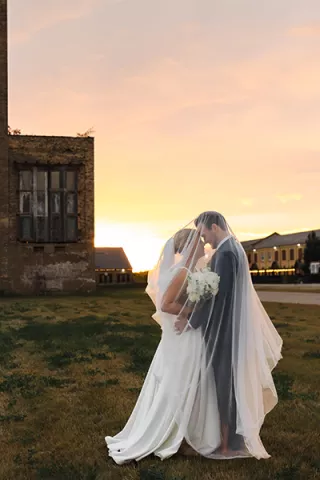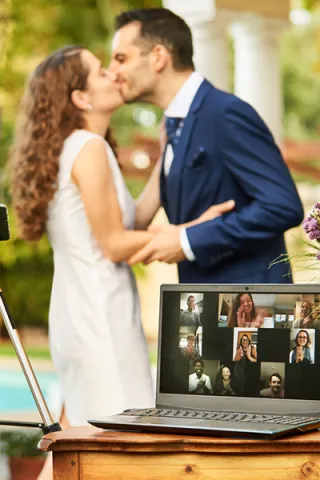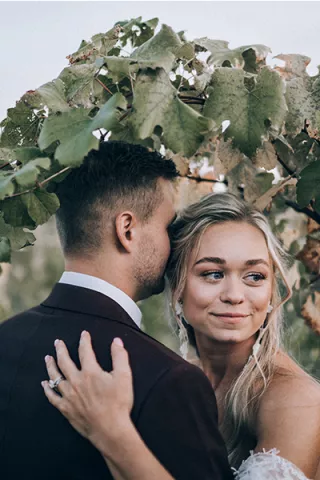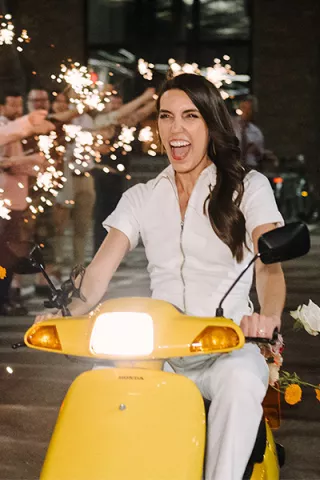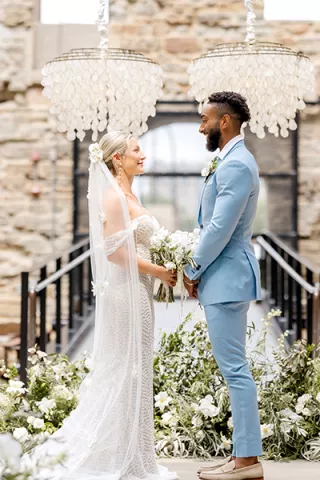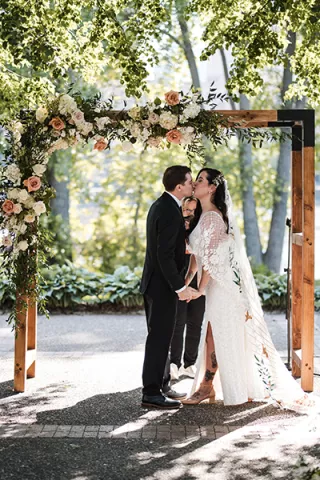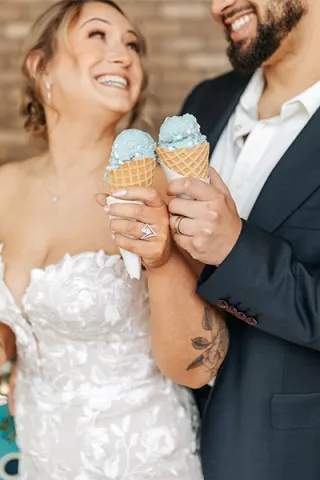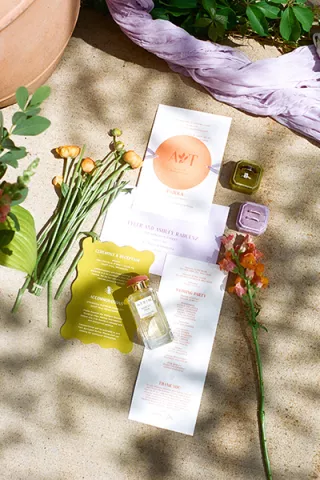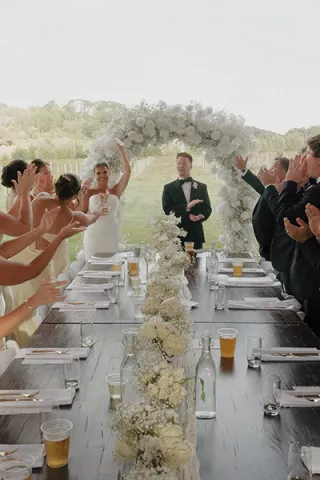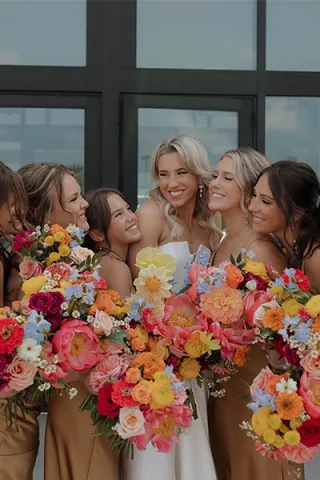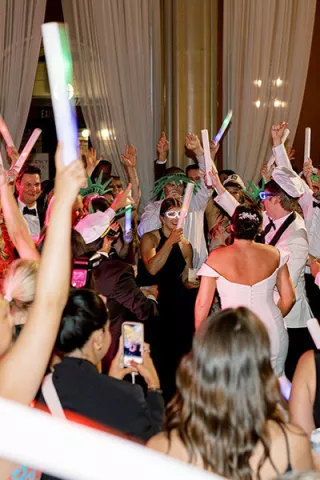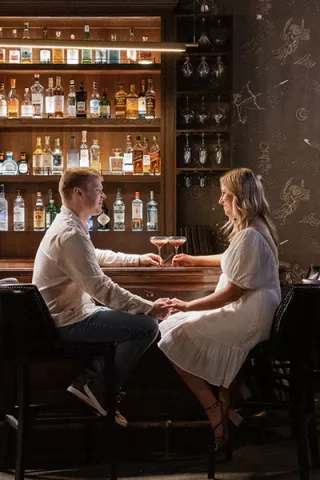This article courtesy of the Avvo Stories blog
Getting married when you’re too young could result in divorce, of course. But waiting too long—and it’s not nearly as long as you might think—could be just as problematic. Newer research shows that divorce trends in America are changing. But can your marriage really be at risk before it even begins?
The Goldilocks Theory
“The ideal age to get married, with the least likelihood of divorce in the first five years, is 28 to 32,” says Carrie Krawiec, a marriage and family therapist at Birmingham Maple Clinic in Troy, Michigan. “Called the ‘Goldilocks theory,’ the idea is that people at this age are not too old and not too young.”
Krawiec explains that people should be “old enough” to understand the difference between true compatibility and puppy love, yet “young enough” that they’re not set in their ways and unwilling to make adjustments to habits and lifestyle.
At least wait until your brain stops growing
“There is a certain maturity level that a person reaches where they will likely succeed in their marriage, and it usually happens after age 25,” says Alicia Taverner, owner of Rancho Counseling. “In my practice, I see couples who are on the verge of divorce . . .they married before they found themselves and before they had the experiences that come with the ‘singledom’ of your 20s.”
From a scientific standpoint, the frontal lobe is the last part of the brain to mature, and that maturity can happen as late as age 25 or even 30. Life decisions made prior to age 25 can be problematic because they’re made without a fully developed ability to reconcile moral and ethical behavior.
In other words, teen and very young marriages are typically doomed to fail. Statistically, an individual who marries at age 25 is more than 50 percent less likely to get divorced than is someone who marries at age 20.
“The late 20s and early 30s are when people’s professional careers are coming into play and finances can be worked out,” says Kemie King of the King Lindsey, P.A. law firm in Fort Lauderdale, Florida. “It’s the age where ‘love’ is less idealistic and people are a little more real about their expectations.”
Don’t wait too long
Couples in their 30s are not only more mature, they are usually more educated and tend to have a more secure economic foundation. (Money troubles can be a major divorce trigger.) A study for the Institute for Family Studies looked at data (2006-2010) from the National Survey of Family Growth and found, not surprisingly, that prior to age 32, each additional year of age at marriage reduces the odds of divorce by 11 percent.
However—and this differs from previous findings—the odds of divorce after age 32 or so increase by five percent per year. Since about the year 2000, the divorce risk for people who married in their 30s has flattened, rather than declining as it had done in years prior. Simply stated: Today’s couples who tie the knot after their early 30s are more likely to divorce than those who wed in their late 20s.
The Institute for Family Studies research was conducted by Nicholas H. Wolfinger, professor of family and consumer studies and adjunct professor of sociology at the University of Utah. Even after making demographic and social adjustments to the NSFG data, Wolfinger found that the new trend held steady. For almost everyone—regardless of sex, race, religious tradition, sexual history, and the family structure they grew up in—the late 20s appears to be the best time to marry.
Single too long?
Wolfinger’s data only tracks first marriages to the age of 45, so perhaps chances aren’t as dire as they seem for those who marry later in life. And our increasing lifespans are creating new possibilities (and dangers) for marriages in general. But a person’s general temperament may also play a role. “The kinds of people who wait till their 30s to get married may be the kinds of people who aren’t predisposed toward doing well in their marriages,” he conjectures. “Consequently, they delay marriage, often because they can’t find anyone willing to marry them.”
That might seem harsh, but others have described this possible link between genetics and divorce as well. “When they do tie the knot their marriages are automatically at high risk for divorce,” says Wolfinger.
More generally, however, he notes the Darwinian element at play, as people who marry later face slim pickings in “a pool of potential spouses that has been winnowed down to exclude the individuals most predisposed to succeed at matrimony.”
Dallas family law attorney Jeff Anderson agrees and says, “If someone has not married before their late 30s or into their 40s, they are less likely to be willing to give the relationship the flexibility it may need to flourish.”
Of course, all the data and the doomsayers in the world could easily be wrong, and love is love no matter how old—or young—you are. “No two people are the same,” says Anderson, “and I wouldn’t want a couple to lose one another just because they don’t think they are the right age.”
Mary Fetzer is a professional freelance writer and editor. She has 10 years of experience writing articles, blog posts, and press releases for online publications and has covered an enormous range of topics ranging from personal finance and international trade to pregnancy and senior living. Mary also writes about legal issues in everyday life on the Avvo Stories blog. Avvo provides free answers from lawyers, client reviews, and detailed profiles for 97 percent of all attorneys in the U.S.; follow them on Twitter and Facebook.
Avvo makes legal easier by providing free answers from lawyers, client reviews, and detailed profiles for 97% of all licensed attorneys in the U.S., so you can find the lawyer who’s right for you. Avvo Advocates write about legal issues in everyday life on the Avvo Stories blog.


